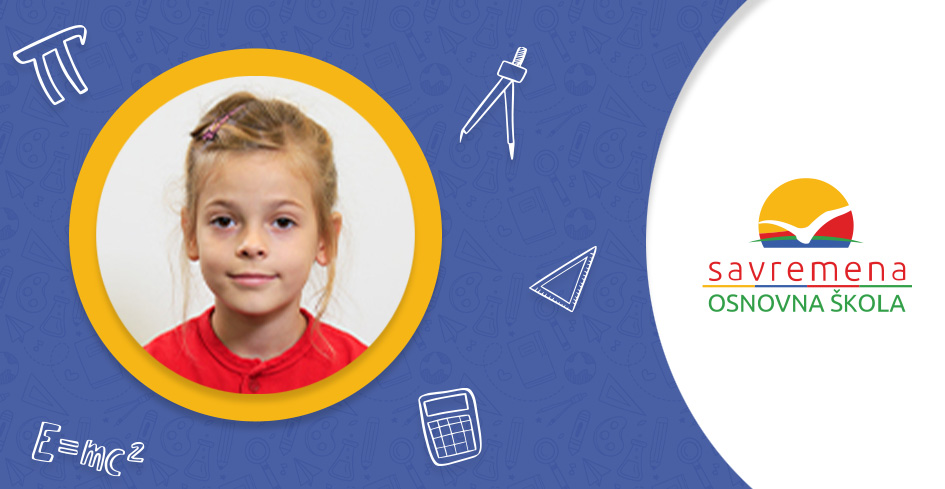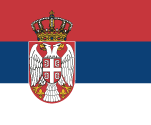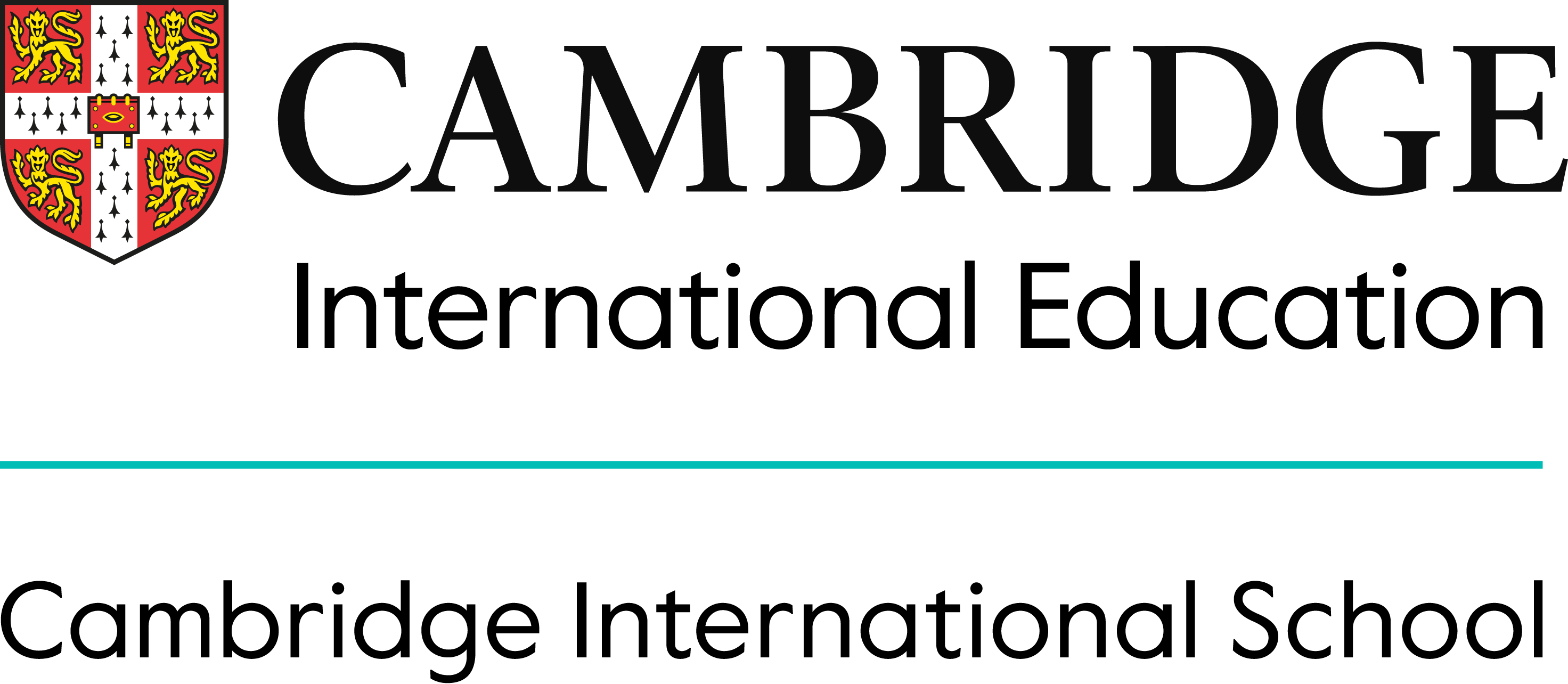
Savremena’s student shines at municipal maths competition
linkadmin / / Blog, I-IV, Kombinovani, Nacionalni, Uncategorized, V-VIII / March 16, 2022
Savremena’s student shines at municipal maths competition
Savremena’s students love mathematics
The third-grade level municipal maths competition brought together a lot of students. For the third-graders, that was the final level of the competition. The standards were pretty high, but that did not prevent Savremena’s student, our Daria Denisova, from placing 3rd. We are exceedingly proud of her.
Not all kids are supposed to become mathematicians or engineers some day, but the science of mathematics can contribute a lot towards securing a bright future; it can help them think critically in many life situations, analyse them, and make the best possible decision.
The best way for children to master a subject such as mathematics, which will be useful to them throughout their life, is through learning to love it. It is rare and unusual to hear someone say that they love maths, but if you ask Savremena’s students, that is the answer you are going to get. Yes! They really love maths and we are happy about it.
The extra reason for her notable result, in addition to her hard work and effort, is now clearer: because she loves mathematics and learns this subject in an interesting way.
Here are some interesting things about maths for you, too:
- The word mathematics comes from the Greek máthēma (μάθημα), which refers to learning, studies, science.
In the Thai language, the number 5 is pronounced as “ha”. This is why “555” is often used as a jocular way to write “hahaha”. - Zero (0) is the only number that cannot be represented by Roman numerals.
- The English word zero comes from the Arabic sifr, which is also the origin of the word cypher – a secret way of writing.
- The equality sign (=) was invented by 16th century mathematician Robert Recorde, because he was tired of writing “is equal to” in his equations.
- The number googol (which inspired the name of the Google search engine) is 1 with 100 zeroes; it was first used by 9-year-old Milton Sirotta in 1920.
- Abacus is considered a direct predecessor of the calculator.
- The plus (+) and minus (-) signs have been in use since 1489.
- In 1995, the citizens of Taipei in Taiwan were allowed to remove the numeral 4 from their street numbers, because it is pronounced the same as the word for death in Chinese. This is also the reason why many hospitals in China do not have a 4th floor.
- Greek mathematician Pythagoras used small stones for calculating equations. This is why the term calculator is based on the Greek word for pebbles.
We would like to congratulate Daria once again on her great success; we look forward to future competitions!




